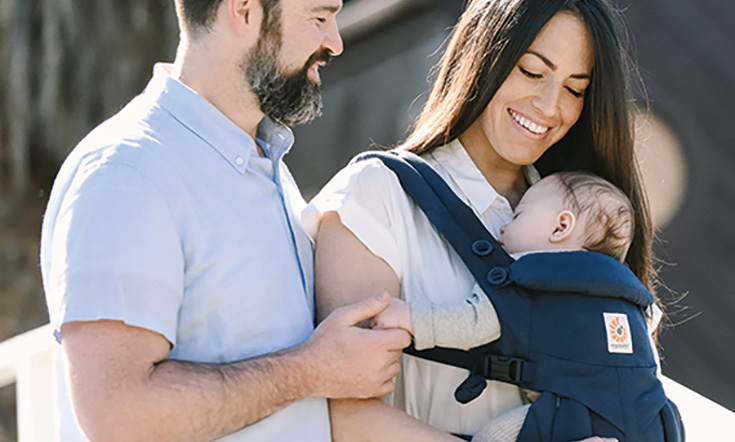IMPORTANT CONSIDERATIONS BEFORE CHOOSING AND BUYING A BABY CARRIER


It is a no-brainer for parents to prioritize the safety of their child especially with the things they use to carry their child whenever or wherever they go. One of the most popular convenient baby gears is the baby carriers or toddler carriers.
A baby carrier is one of the things used as one method used in transporting children. This includes strollers, prams, and slings.

One of the most popular of these is the baby carrier or baby slings that are the most convenient to use, however, with hundreds of manufacturers and brands that produce baby carriers and baby gears around the world, it might be confusing for the parent on which one to buy. Of course, their main priority would be the quality of the carrier to ensure the baby’s safety and comfort.
To help out those parents who are having a difficult time handling this situation, here are some important considerations to keep in mind before choosing and buying a baby carrier.
Before buying a baby carrier, a parent must determine and consider the age, the weight and height of the baby, the baby’s physical development stage, and ergonomics of the baby carrier, the friendly user interface of the baby carrier and the aesthetics of it.
